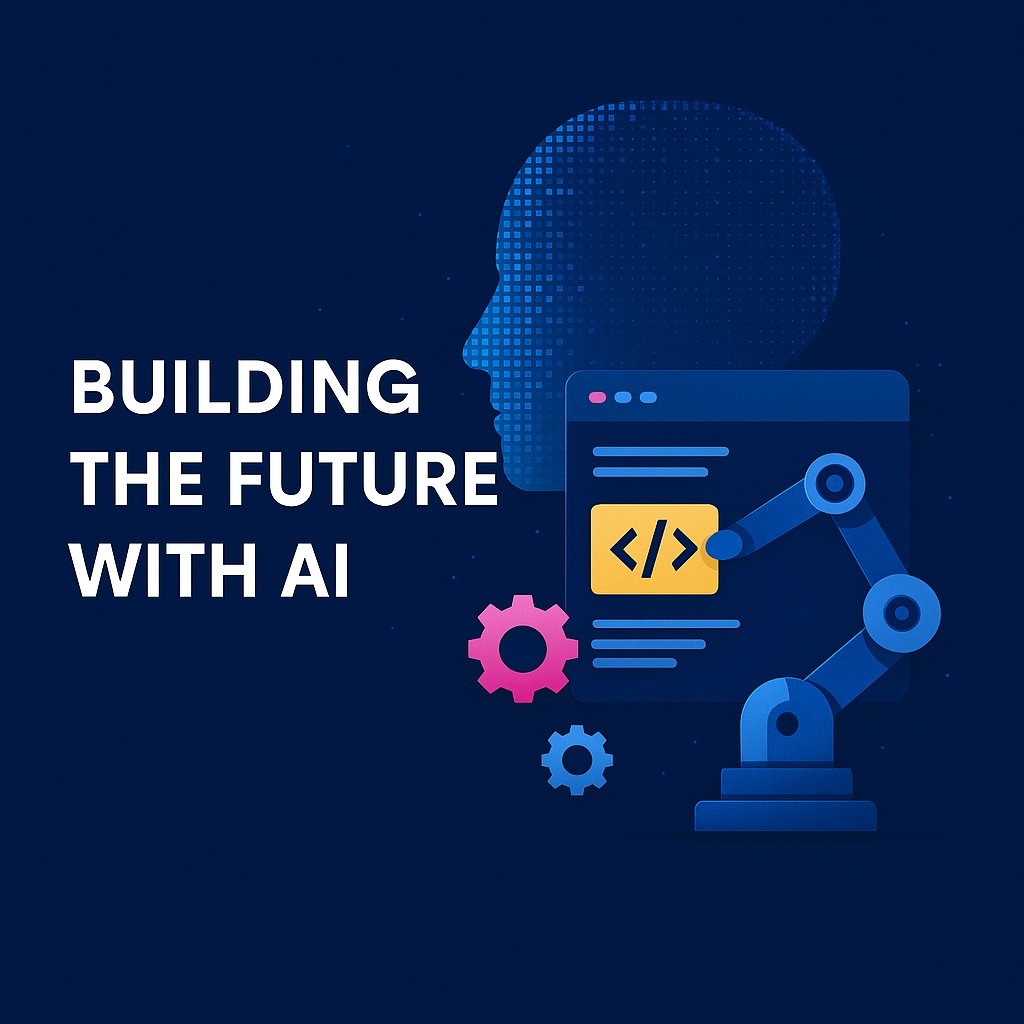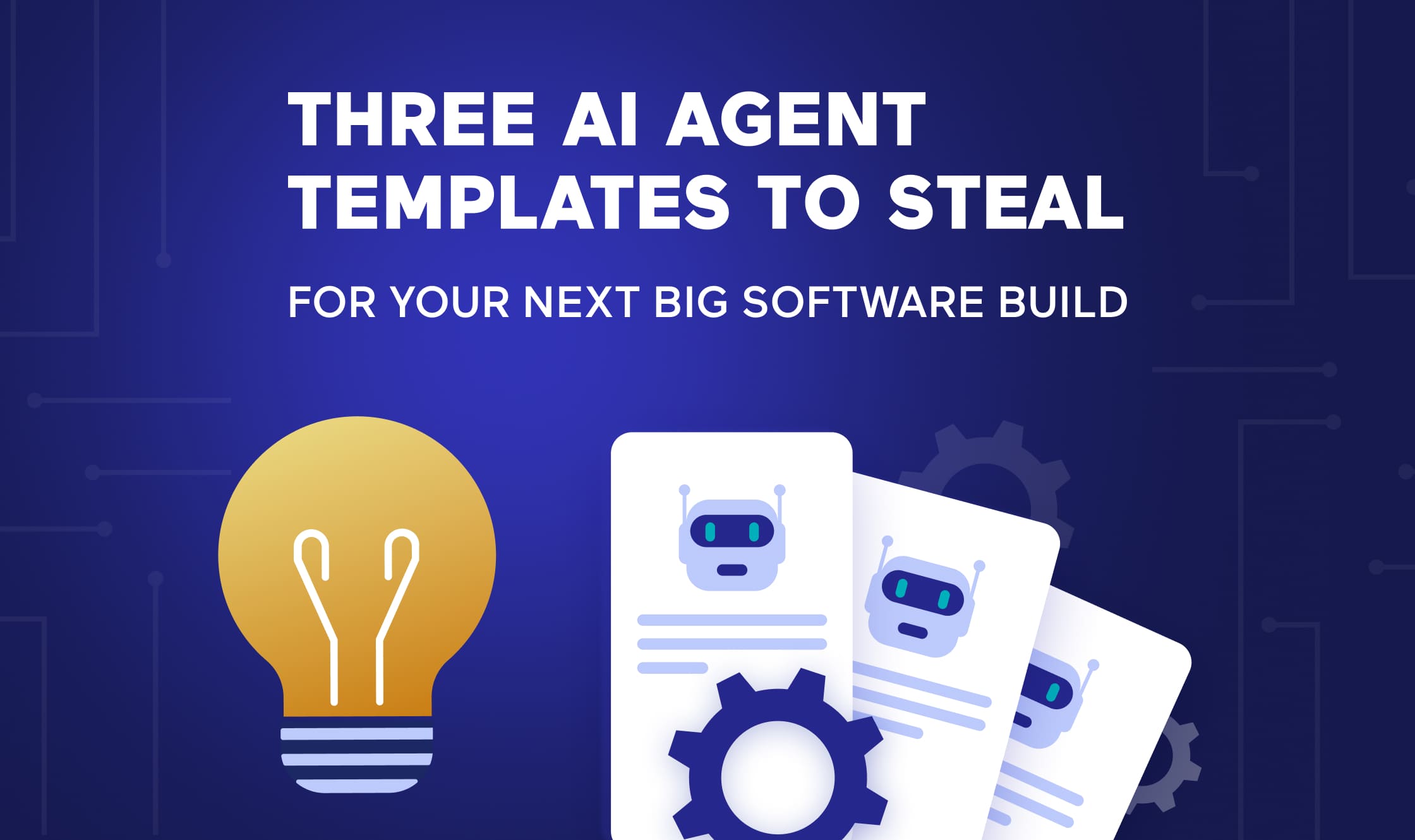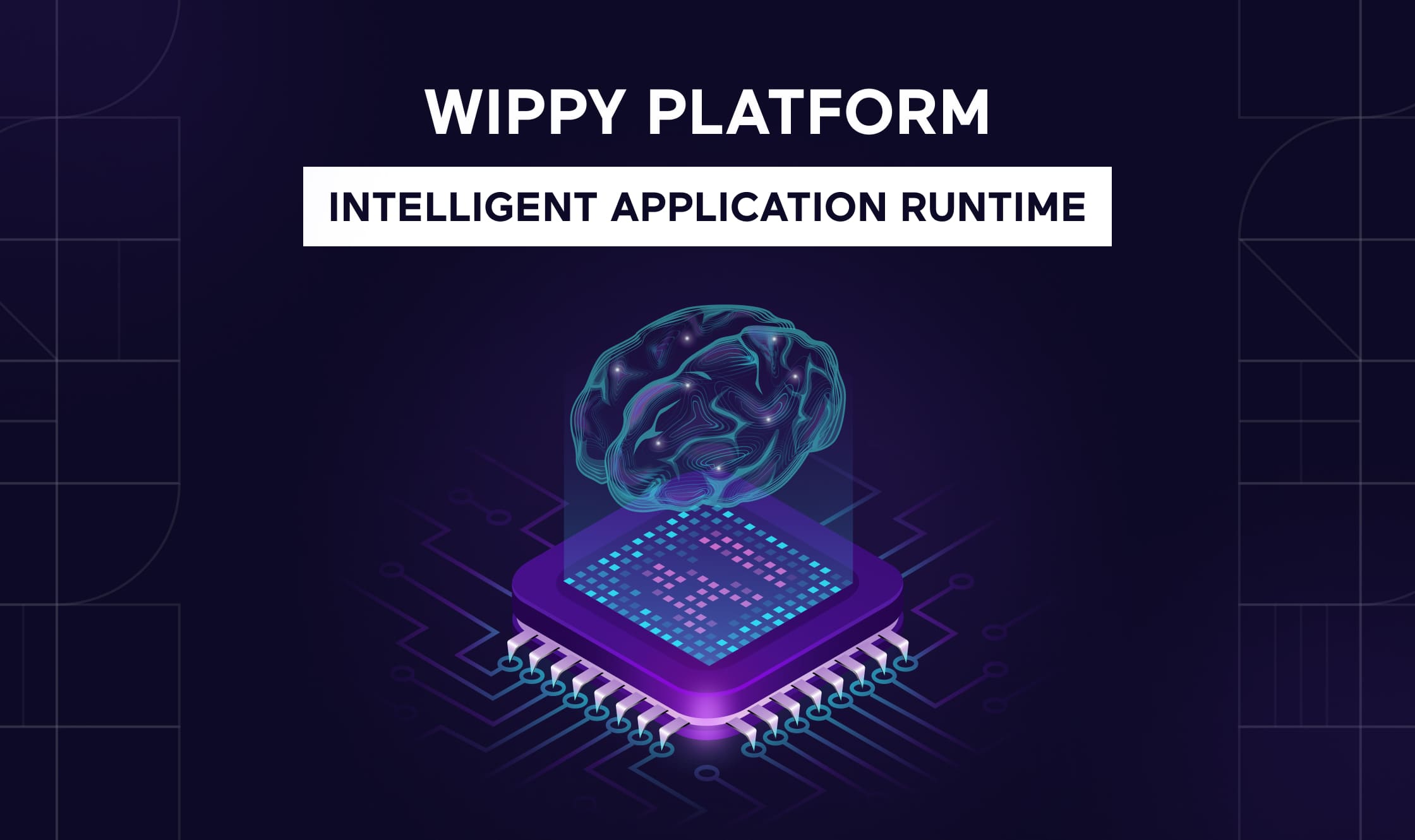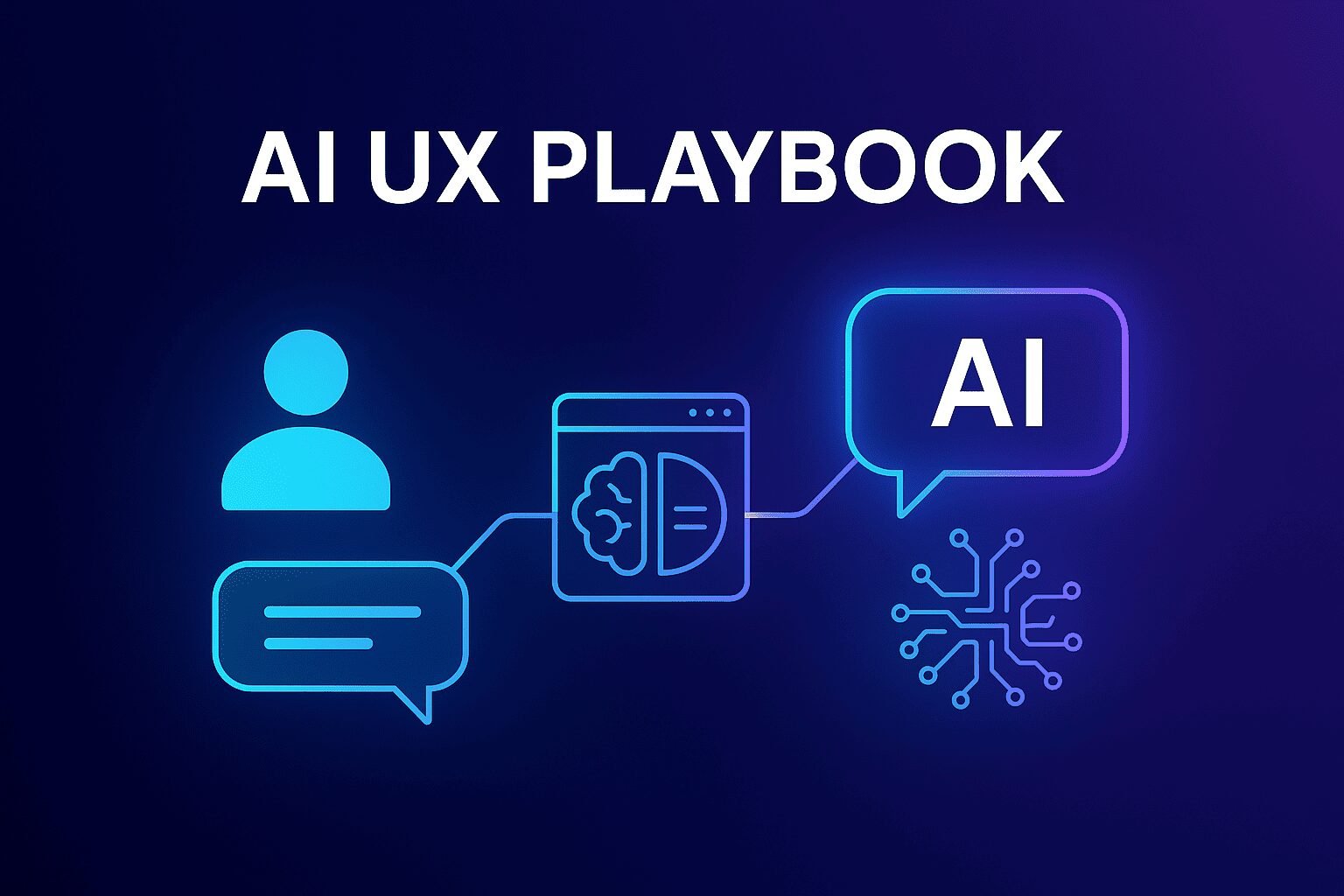Spiral Scout is leading a new era with self-build software backends. This innovative approach leverages AI-powered solutions to enhance developer workflow automation and AI integration, empowering teams to create adaptable, efficient systems tailored to their needs.
In today’s tech landscape, integrating AI into software creation is essential. At Spiral Scout, we’re transforming Wippy from a robust AI platform into the foundation of self-building, runtime-first software. This transformation supports self-modifying AI systems, allowing teams to dynamically adapt workflows efficientl

Revolutionizing Backend Development
Spiral Scout’s commitment to AI-first, self-building systems stems from the realization that competing directly with industry giants is rarely effective for smaller teams. Instead, we’re exploring new frontiers with agent-driven, runtime-deployable, and self-adaptive backend software. Wippy is central to this shift.
Initially designed as an AI agent automation framework, Wippy now serves as a launchpad for autonomous, task-driven agents that can write, modify, and maintain software on the fly. Deployed in the right context—as a lightweight runtime within a client’s environment—Wippy becomes a powerful operating layer for AI-led automation. It learns from user behavior, connects fragmented systems, and generates software modules that were previously built manually.
The Importance of the Runtime Model
For Spiral Scout, maintaining a massive multi-tenant backend was time-consuming and counterproductive. By shifting to a model that runs closer to the metal, Wippy interacts directly with customer infrastructure, eliminating the need for centralized control.
This local-first approach opens up possibilities. Clients can launch specific tools—document agents, legal data analyzers, workflow routers, code intelligence modules—without relying on Spiral Scout for central management. The product is portable, modular, and flexible, with agent-specific updates and rapid deployments.
This shift democratizes platform use. Operations leaders, innovation managers, and domain experts can spin up agents reflecting their workflows and business logic, without being confined to engineering teams.
Current Applications
This approach is exemplified in Project Fortress, a legal practice management system built on Wippy’s architecture. It supports workflows like M&A, governance, and tax credits, enabling law firms to analyze documents, coordinate diligence, manage disclosures, and communicate in real-time.
The same foundation powers solutions in other industries: software QA, healthcare operations, financial services, and complex e-commerce data formatting. These sectors share high-complexity, high-repetition workflows that demand compliance and are costly to maintain manually.
Embracing Open-Source
Spiral Scout champions an open-source strategy, fostering collaboration and innovation in self-coding AI software development. By leveraging open-source tools, we ensure that technology remains accessible and adaptable to evolving needs.
Future Directions
The future of AI-driven transformation involves expanding self-build software backends to more industries and use cases. Spiral Scout is committed to leading this charge, continually innovating to meet modern business demands.
Conclusion
Spiral Scout’s approach to AI-powered development through self-build software backends sets a new industry standard. By focusing on adaptability, efficiency, and developer workflow automation, we empower teams to fully harness AI’s potential.



